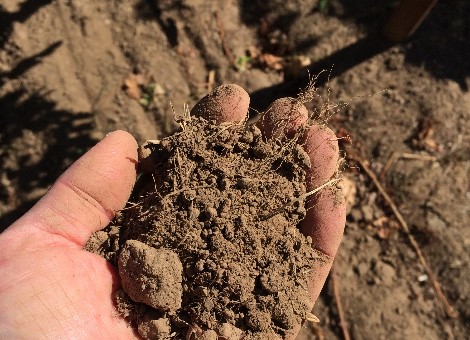While sharing a bottle of our wine with an esteem sommelier in France, we were meticulously describing our Cabernet Sauvignon. He stopped us and said, you do not produce a Cabernet, you produce a St. Helena.
Herein is the concept of terroir, hard to define but often interesting to explore. Its basic definition combines climate, soil, terrain, and tradition. It reflects Mother Nature, not vintage, not winemaking. Understanding the vineyard informs the decisions that go into winemaking and the ultimate expression of a place and its history.
Some argue that the term “terroir” has been so misused that has lost its meaning, others say that is uniquely French. For us, it reflects identity and authenticity. We like to start with the attachment we feel to the land, farmed by our family for over 155 years. Within the estate, there is this vineyard where we consistently noticed smaller grapes and lower yields. In the west bench of St Helena at the foothills of the Mayacamas where we are located, we get that cold breeze from the Bay at night and experience much higher temperature during the day. Soil is identified as Bale gravely loam. That is the general description, yet, when we started digging and testing the soils of this vineyard, we were astonished to discover a deep layer of rocks.
We fermented the grapes from this vineyard separately. Did it taste different than the wine from other sections of the Estate? You bet! And Julien Fayard fully understood the expression of this terroir. Hence, our Taplin Cabernet was born. 2016 is only the third vintage of this wine, and the more we all understand this vineyard, the more it expresses itself in this deep, dark, and juicy Cabernet. Or shall we say, this deeply rooted Napa Valley, St Helena?
Back to Recent Updates
